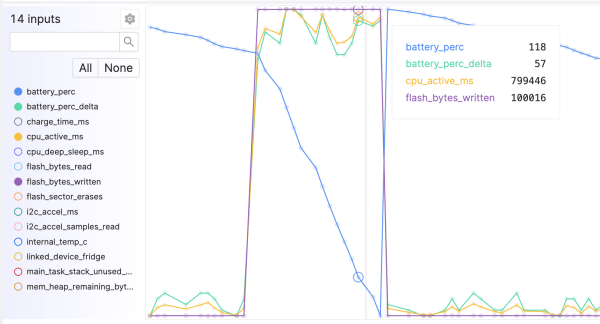In the near future, imagine a world where your health is continuously monitored, not through bulky devices but through an invisible graphene tattoo. Developed at the University of Massachusetts Amherst, these tattoos could soon detect a range of health metrics, including blood pressure, stress levels, and even biomarkers of diseases like diabetes. This technology, though still in its infancy, promises to revolutionize how we monitor health, making it possible to track our bodies’ responses to everything from exercise to environmental exposure in real-time.
Graphene, a single layer of carbon atoms, is key to the development of these tattoos. They are flexible, transparent, and conductive, making them ideal for bioelectronics. The tattoos are so thin and pliable that users won’t even feel them on their skin. In early tests, graphene electronic tattoos (GETs) have been used to measure bioimpedance, which correlates with blood pressure and other vital signs. The real breakthrough here, however, is the continuous, non-invasive monitoring that could enable early detection of conditions that usually go unnoticed until it’s too late.
While still requiring refinement, this technology is advancing rapidly. Graphene still amazes us, but it’s no longer just science fiction. Soon, these tattoos could be a part of everyday life, helping individuals track their health and enabling better preventative care. Since we’re hackers out here – but this is a far fetch – combining this knowledge on graphene production, and this article on tattooing with a 3D printer, could get you on track. Let us know, what would you use graphene biosensors for?
Continue reading “Graphene Tattoos: The Future Of Continuous Health Monitoring?”














